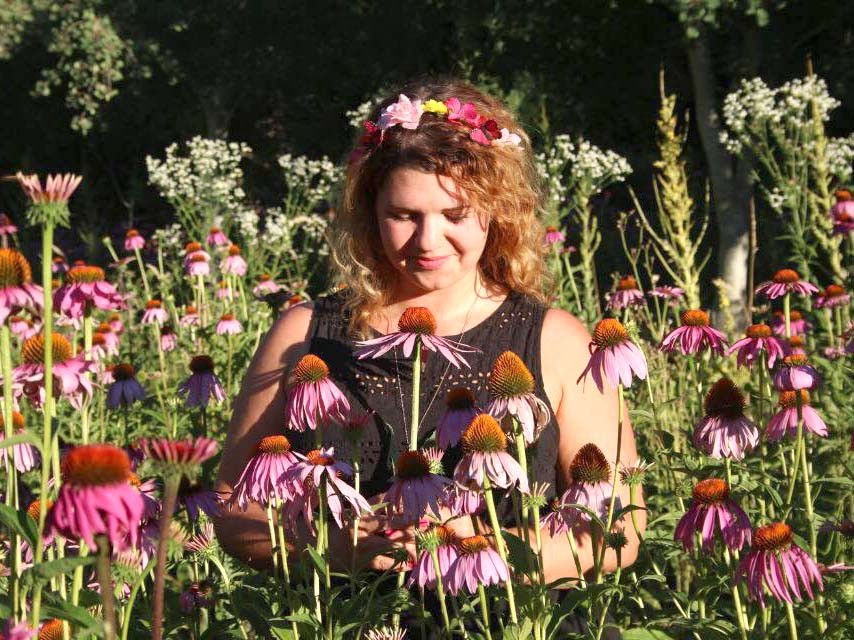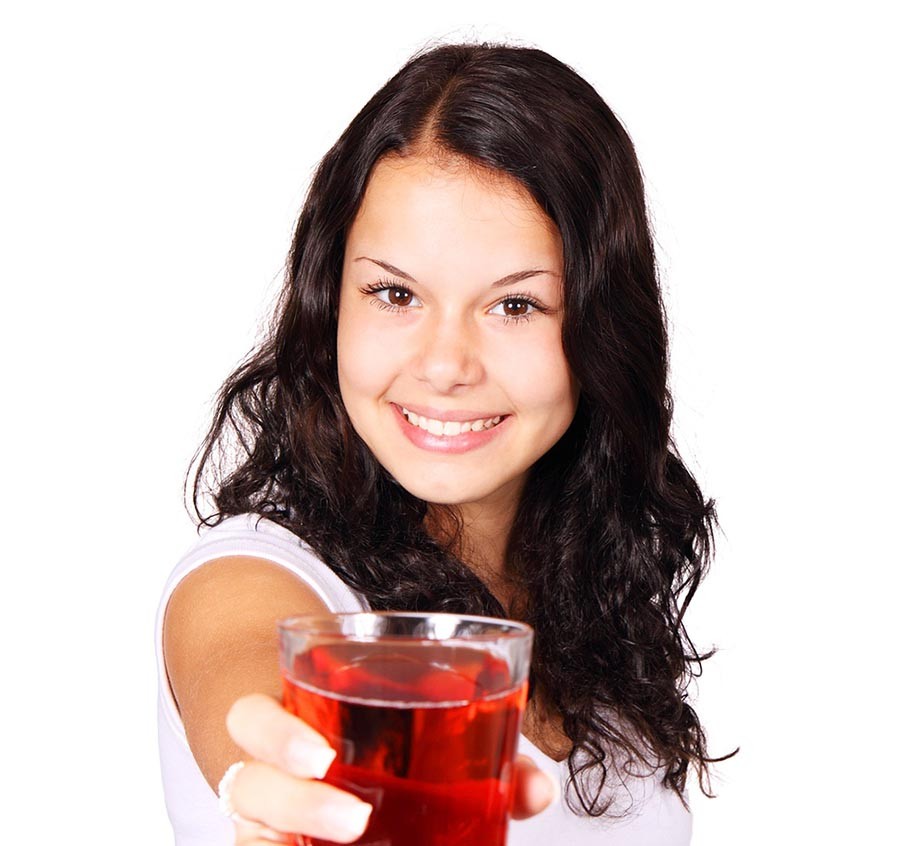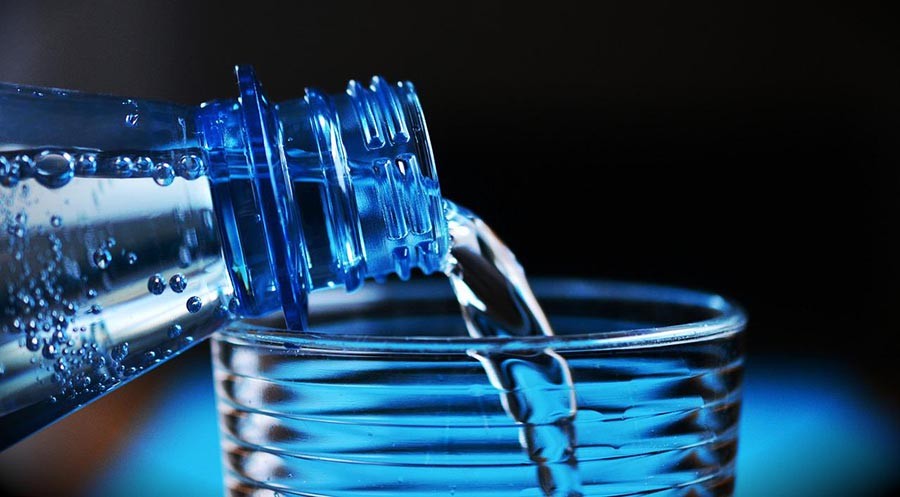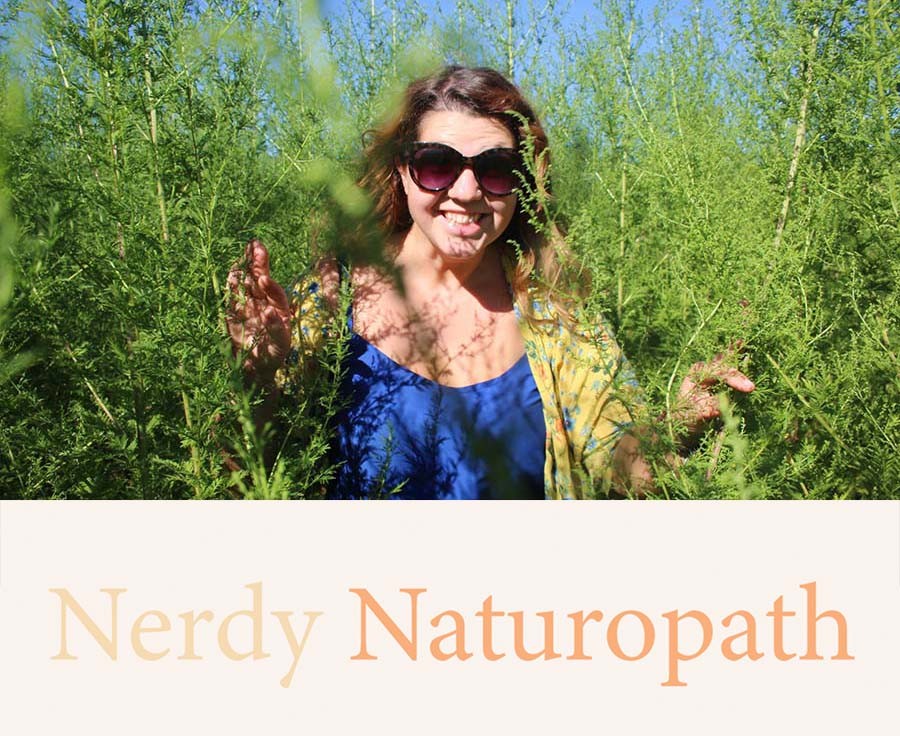
Taking the sting out of cystitis
By Siobhán Carroll – BA; Dip Nat; Dip Herb; MANP; MGNC
Cystitis is a common bladder problem that affects as many as one in five women. Men do also get cystitis but it is far more common in women, in part because the journey to the outside world is that much shorter, making it easier for bacteria to spread.
In men, cystitis is often associated with Benign Prostatic Hypertrophy (BPH). Usually the first indication that something’s wrong is the need to visit the bathroom more frequently, which, let’s face it, often hurts and never quite gives relief.
As well as the constant urge to pee and a painful burning sensation when you do pee, cystitis symptoms can also include pain or pressure in your lower belly, you may feel sick or achy (backache is common) and your pee may be darker or smell stronger than usual.
So, what to do?
First things first, increase your fluid intake. We lose about 1.5 litres of water a day just by breathing, sweating and going to the loo. Scientific research has found that drinking 1.5litres of water in addition to normal intake was effective in preventing cystitis [1]. The participants in this randomised control trial were randomly assigned to drink 1.5 L of water daily in addition to their normal fluid intake. The study found that the women who increased their water intake had fewer episodes of cystitis and used fewer antibiotics compared to the control group.
Drinking more water, particularly if you don’t already drink 1.5-2 litres a day, is always a good idea and will give you a whole host of great side benefits, including better skin and digestion. Keep in mind that if the weather is extra hot or if you exercise a lot, or if you’re breastfeeding, you will need to drink even more water as well! If you are prone to regular UTIs, why not give it a try!

You can also try drinking lemon or cranberry juice, as these have mild antibiotic properties and may help to ease infection. You should try to drink these with only naturally occurring sugar. A Cochrane report concluded that cranberry extract was as effective as antibiotic use in preventing urinary tract infections, without the obvious side effects of regular antibiotic use [2].
Cranberry alone isn’t antibacterial, so it won’t kill off the infection; but it can be taken to help fight the infection, alongside Echinacea and Uva-ursi (see below!). If you are prone to getting UTIs, it is worth trying regular cranberry intake to prevent reoccurrence too.
If you’re not keen on the taste of cranberry juice, A.Vogel’s Cranberry Complex Tablets are a concentrated source of freshly harvested cranberries. Each tablet contains the equivalent of 7.5g of fresh cranberries.
Another bladder-friendly berry is Uva-ursi or Bearberry. This small woody shrub is a favourite bear snack – hence the catchy alias. A.Vogel’s Uva-ursi and Echinacea Complex can be used to relieve symptoms associated with urinary tract infections. Echinacea is another herb that provides additional immune support and is great to take combined with Uva-ursi during an active UTI.
What’s the link between cystitis and immune health?
Your overall health and immune system can influence how quickly you recover from cystitis and recurrent cystitis can be a sign your immune system is struggling.
Make sure your diet is balanced by cooking from scratch and incorporate lots of fresh fruits and vegetables that are rich in antioxidants. If an infection is present a diet rich in fruit and vegetables should also help to reduce the acidity of your urine. Spinach, kale and broccoli are good options. They are great for your whole body, are packed with vital nutrients and they help to support the immune system.
Probiotic and prebiotic foods can also help with bladder health. Probiotic foods, like plain, natural yoghurt (without any added sugar!), tempeh, miso, kefir and sauerkraut are packed full of good bacteria, which can help keep bad bacteria in check and reduce the chances of an infection taking hold.
Prebiotic foods are high in fibre and compounds like inulin which help to feed the good bacteria. Foods to include are onion, garlic, leeks, apples, asparagus, Jerusalem artichokes, dandelions and chamomile tea.

In addition to probiotic and prebiotic foods you can also take A.Vogel Molkosan Fruit, a prebiotic supplement that helps to support good digestion. It contains L+ lactic acid which helps to create an environment in which friendly bacteria thrive. Add 1 teaspoonful to a glass of water.
Cut caffeine, alcohol and any added sugar from your diet during an infection, as these irritate the bladder and will worsen symptoms of pain and burning. They may also cause recovery from infection to slow down.
It is important to urinate as much as you need; holding on when you need to go to the toilet can cause bacteria to build up in the urinary tract, making you more prone to infection. If you are suffering from an infection, this is particularly important, as this will encourage the bacteria to leave the system.
Finally, chemicals in personal care products, such as intimate washes and soaps, can also cause cystitis so they are best avoided, water is enough to clean down there!
If symptoms do not improve within 48 hours or are recurrent, or if there is blood in your urine or a fever is present, consult your GP or healthcare provider.
For further information on cystitis, contact Siobhán Carroll at hello@nerdynaturopath.com.
[1] https://pubmed.ncbi.nlm.nih.gov/30285042/
[2] https://www.cochranelibrary.com/cdsr/doi/10.1002/14651858.CD001321.pub5/full

About Siobhán
Siobhán Carroll is a fully qualified clinical Herbalist and Naturopath based in Ireland. She runs her own clinic in Co. Clare and online via her website nerdynaturopath.com. She has 10 years of experience in the field of natural health, she also teaches yoga and meditation and is a lecturer at the College of Naturopathic Medicine.
Siobhán is also a cold-water sea swimmer, a loving mum and a massive Harry Potter fan. She has a deep connection with plants and is passionate about empowering people to look after their own health using the healing powers of nature.
Siobhán Carroll BA; Dip Nat; Dip Herb; MANP; MGNC
Follow Siobhán on Facebook.